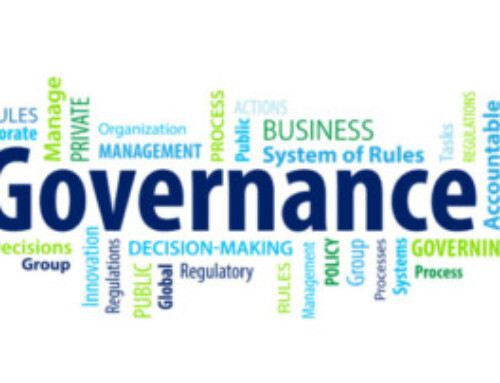 The real estate industry stands at a pivotal moment. As we witness the emergence of Open MLS initiatives and the gradual separation between the National Association of REALTORS® and the MLS companies that have traditionally served under its umbrella, we face a critical question: Who will be the guardian of ethical standards in our data-driven marketplace?
The real estate industry stands at a pivotal moment. As we witness the emergence of Open MLS initiatives and the gradual separation between the National Association of REALTORS® and the MLS companies that have traditionally served under its umbrella, we face a critical question: Who will be the guardian of ethical standards in our data-driven marketplace?
For decades, NAR’s Code of Ethics has served as the North Star for professional conduct in real estate. But as MLS organizations evolve into independent entities—some serving REALTORS®, others serving a broader constituency of real estate professionals—the responsibility for maintaining ethical standards can no longer rest solely with NAR.
The New Reality: Independence Demands Responsibility
Today’s MLS landscape is fundamentally different from the one that existed even five years ago. We’re currently seeing:
- MLS organizations operating independently of local REALTOR® associations
- New entrants providing MLS services to non-NAR members
- Technology platforms that blur traditional boundaries between MLSs and other data services
- Increased pressure for data portability and interoperability
In this environment, MLSs cannot simply rely on NAR membership to ensure ethical behavior among their participants. The stakes are too high, and the potential for abuse too great.
The Essential Elements MLSs Must Adopt
As MLSs chart their independent course, they should incorporate these fundamental ethical principles into their rules and regulations:
Data Accuracy and Integrity: Every listing must be accurate, complete, and updated promptly. False or misleading information doesn’t just harm individual transactions—it undermines confidence in the entire system.
Cooperative Compensation Transparency: With recent legal developments reshaping how compensation is handled, MLSs must establish clear rules about disclosure and presentation of compensation information.
Fair Dealing and Non-Discrimination: MLSs serve diverse communities and must ensure their platforms promote fair housing and equal access to market opportunities.
Confidentiality and Data Protection: As data custodians, MLSs have an obligation to protect sensitive information and ensure it’s used only for authorized purposes.
Professional Competence: While MLSs can’t control licensing requirements, they can establish standards for how their platforms are used and require ongoing education for participants.
Beyond Compliance: Building Trust in the Marketplace
Adopting ethical standards isn’t just about avoiding problems—it’s about creating competitive advantage. In an era where consumers have more choices than ever, the MLSs that build reputations for integrity and reliability will be the ones that thrive.
Consider the alternative: An MLS that operates without clear ethical guidelines becomes a race to the bottom. Data quality suffers. Consumer trust erodes. Eventually, market participants seek alternatives, and the MLS loses relevance.
Practical Steps for Implementation
MLSs ready to take this step should:
- Conduct a comprehensive review of existing rules against proven ethical frameworks
- Engage stakeholders in developing standards that reflect local market needs while maintaining universal principles
- Establish clear enforcement mechanisms with graduated penalties and due process protections
- Invest in education and training to help participants understand and comply with new standards
- Create accountability measures including regular audits and participant feedback systems
The Competitive Imperative
Here’s the reality: MLSs that proactively adopt strong ethical standards will have a significant competitive advantage over those that don’t. Real estate professionals want to work with organizations they can trust. Consumers increasingly demand transparency and accountability. Technology partners prefer platforms with clear governance structures.
The MLSs that recognize this reality and act on it will be the ones that shape the future of our industry. Those that wait for someone else to set the standards may find themselves playing catch-up in a market that has moved beyond them.
A Call to Action
The transition to Open MLS isn’t just about technology or market structure—it’s about values. As MLS organizations gain independence, they also gain the opportunity to define what professional excellence looks like in their markets.
The question isn’t whether MLSs should adopt ethical standards. The question is whether they’ll do it proactively, as leaders in the industry transformation, or reactively, after problems force their hand.
The choice is clear. The time is now. The future of our industry depends on MLSs that have the courage to do what’s right, not just what’s expedient.
Webinar: “What Does It Really Take to Operate an Open MLS?”
Thank you to everyone who joined us on our recent panel discussion led by WAV Group’s own Marilyn Wilson. If you missed the live session—or want to revisit the insights—you can watch the recording below!
Hear directly from MLS leaders who have been navigating the Open MLS model for years, and listen as they share their candid perspectives on policies, operations, and the lessons they’ve learned.




